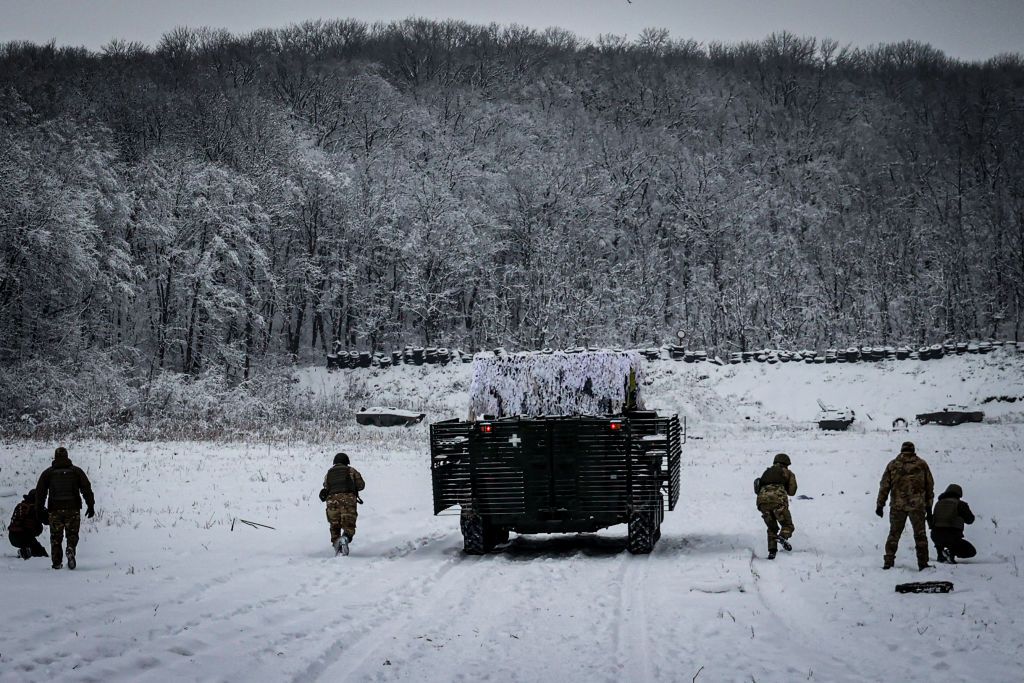Vucic's party claims victory in Serbian parliamentary elections

Serbian President Aleksandar Vucic and his ruling Serbian Progressive Party SNS claimed victory in parliamentary elections on Dec. 17 after exit polls indicated SNS had won just short of 50% of the vote.
The country's pro-European opposition, organized in 2023 under the Serbia Against Violence alliance, came in second place with around 23%, according to early results released later by election observation NGO CESID.
Miroslav Aleksic, a leader of Serbia Against Violence, said on Dec. 17 that the alliance cannot "accept the results" of the voting in the municipal elections in the capital, Belgrade.
Aleksic accused SNS of busing in voters from outside of the city to participate in elections, unfairly tipping the balance in favor of the ruling party. He called for the Belgrade election results to be annulled.
Vucic and the SNS party have been in power for almost a decade and have been criticized for causing democratic backsliding in the country. There were allegations of voting irregularities in the Dec. 17 election.
The Serbian-Ukrainian relationship is complicated by Belgrade's traditionally friendly attitude toward Russia, as Serbia has refused to join sanctions against Moscow. Vucic also said that Russia would win its war against Ukraine despite growing support from Western countries, urging a peaceful solution "as soon as possible."
At the same time, Vucic has called Ukraine a "friendly country" and had previously affirmed that Crimea and Donbas are Ukrainian sovereign territories.
Tensions between Serbia and neighboring Kosovo, which declared independence in 2008, have escalated since the beginning of Russia's full-scale invasion of Ukraine. Authorities in Kosovo have accused Russia of fomenting unrest to create a distraction from its war in Ukraine.
Serbia has also been used as a conduit for spreading pro-Russian disinformation and propaganda. RFE/RL reported earlier in December that a branch of the pro-Russian organization "Other Ukraine," founded by the exiled Ukrainian oligarch Viktor Medvedchuk, was registered in Serbia.
The U.S. has said that Russia actively seeks to destabilize the wider western Balkan region and prevent its integration with European institutions.











